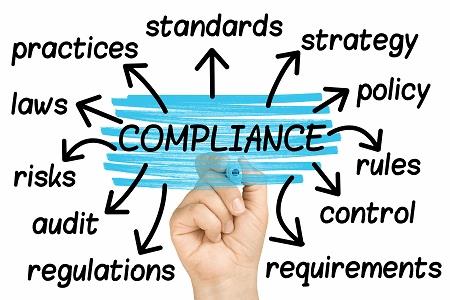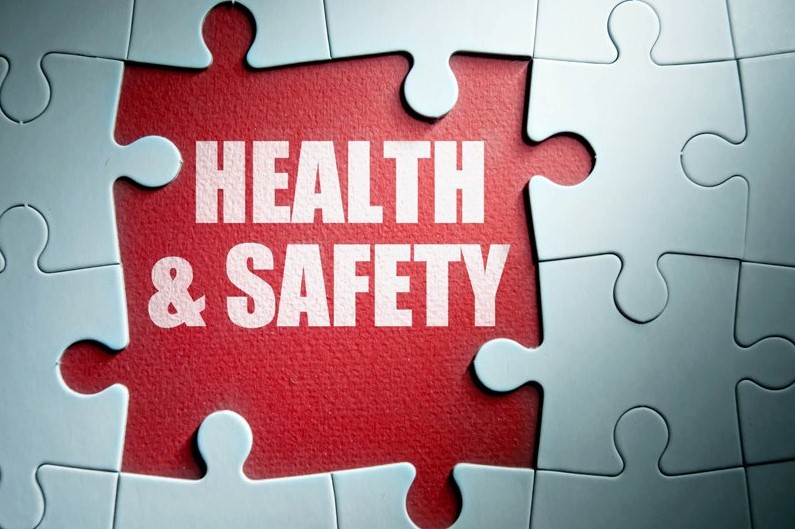Sometimes it’s hard to know what to look for. Below, you’ll find information on the factors that ensure safety and quality.
How to Report Incidents
Complaints and/or concerns about licensed or registered child care programs within Bartholomew, Brown, Clay, Delaware, Fayette, Greene, Hancock, Henry, Johnson, Madison, Montgomery, Monroe, Morgan, Owen, Parke, Putnam, Randolph, Rush, Shelby, Sullivan, Union, Vermillion, Vigo, Wayne Counties can be reported to CASY at 1-800-866-3952 press 2 to speak to someone about your concern or complaint or contact Brighter Futures Indiana at 1-800-299-1627
Abuse and neglect concerns
If you suspect a child is being abused or neglected, call Indiana’s Child Abuse and Neglect Hotline today at 1-800-800-5556. It is available 24 hours a day, 7 days a week, 365 days a year. Complaints can be made anonymously.
Reporting Fraud Related to Child Care Development Fund
Fraud may be reported in variety of ways. Applicants, co-applicants, child care providers and concerned citizens can contact:
The Fraud Hotline at 800-403-0864 (Select option 1 and then option 2. When prompted enter zip code); or
FSSA Compliance Division, Room E-414, 402 W Washington Street, Indianapolis, IN 46204.
While searching for care, use the guide below to understand some of the key factors of a quality program. If you have concerns while searching or once established in a care program, see above to report any concerns.

Caregiver Background Checks
Federal criminal background checks should be completed by staff upon hire and before starting employment. Background checks are renewed regularly.

Licensing
A licensed program must meet requirements set by the Office of Early Childhood and Out-of-School Learning. These rules and regulations require basic health and safety measures be met, educational requirements are met, the facility is inspected for safety and compliance, and ensures that the records for inspection are publicly available by clicking here.

Health and Safety
Child care programs are more likely to protect children from harm and illness if they consistently practice standards such as frequently washing hands, disinfecting diaper changing stations, cleaning toys and properly storing cleaning supplies and other poisonous materials.

Group Sizes and Ratios
These factors can affect the quality of care for children in relation to safety, attention given and daily adult interactions. Depending on the age and personality of your child, take a moment to understand which group size and ratio works best for you. Look for opportunities for your child to be independent, work together with caregivers and other children, and change activities throughout the day.

Inclusive Child Care Programs
‘Inclusive’ programs include children with and without disabilities as they take part in the same routines and play activities. Child care providers in inclusive programs learn to recognize each child’s strengths and needs. They creatively adapt routines and activities so that each child can be successful.

Caregiver Education and Dedication
Longevity of teaching staff contributes to higher-quality care. It also shows a welcoming, supportive and positive environment, which may translate into better care for your child. The amount of education and continuing professional development a child care provider has is an important indicator of quality.









